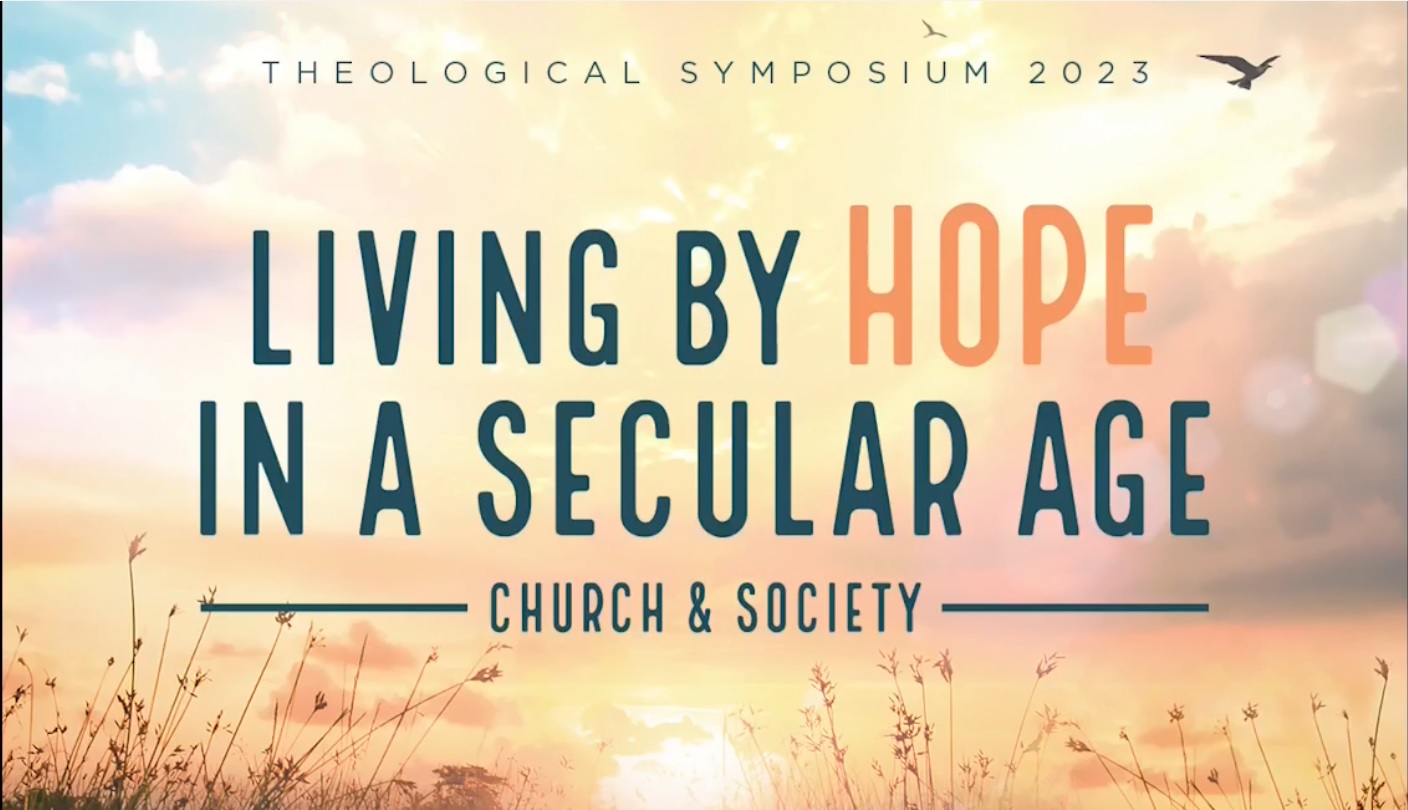Loading...
Start Date
20-9-2023 3:15 PM
End Date
20-9-2023 4:00 PM
Keywords
2023 theological symposium, estates, church, institutional evils, government, vocations, doctrine, creation, Luther, Bonhoeffer, jurisdiction, inter-estate, intra-estate
Description
Institutional evils, and the variable strategies designed to address them, have captured the political and cultural focus of Americans like never before. Such concern has also found root within the church. Unfortunately, many of the most popular strategies for correcting these evils are employed in ways antithetical to the Christian moral vision. Moreover, these strategies are often directed against institutions that Christians rightly celebrate. How is a Christian to distinguish between an actual instance of evil institutionalized and those trends rooted simply in the desires of the world? And once identified, how should she go about faithfully engaging these institutional evils through her words and actions in a theologically responsible way? This sectional will explore how Martin Luther employed the doctrine of the three estates to address the institutional evils of his day. For Luther, the three estates were the ecosystem of human life and the context in which vocations were fulfilled. As God-ordained realities, the estates framed human life both individually and institutionally according to a divine pattern and mutual creaturely support. Strategies of engagement will be drawn from Luther’s use of the three estates with which congregations and individuals may challenge institutionalized evils. It is not difficult to see that the world is not as it should be, but the Lutheran church has in her own tradition practical and timely resources available for Christians to challenge the evils of today.
Submission Type
Bible Study; Lecture; Sermon Prep
Submission Audience
Laity; Ministers; Scholars
People in this Resource (separated by commas)
Luther, Bonhoeffer,
Submission Cost
Free
A Lutheran Approach to Institutional Evils
Institutional evils, and the variable strategies designed to address them, have captured the political and cultural focus of Americans like never before. Such concern has also found root within the church. Unfortunately, many of the most popular strategies for correcting these evils are employed in ways antithetical to the Christian moral vision. Moreover, these strategies are often directed against institutions that Christians rightly celebrate. How is a Christian to distinguish between an actual instance of evil institutionalized and those trends rooted simply in the desires of the world? And once identified, how should she go about faithfully engaging these institutional evils through her words and actions in a theologically responsible way? This sectional will explore how Martin Luther employed the doctrine of the three estates to address the institutional evils of his day. For Luther, the three estates were the ecosystem of human life and the context in which vocations were fulfilled. As God-ordained realities, the estates framed human life both individually and institutionally according to a divine pattern and mutual creaturely support. Strategies of engagement will be drawn from Luther’s use of the three estates with which congregations and individuals may challenge institutionalized evils. It is not difficult to see that the world is not as it should be, but the Lutheran church has in her own tradition practical and timely resources available for Christians to challenge the evils of today.


